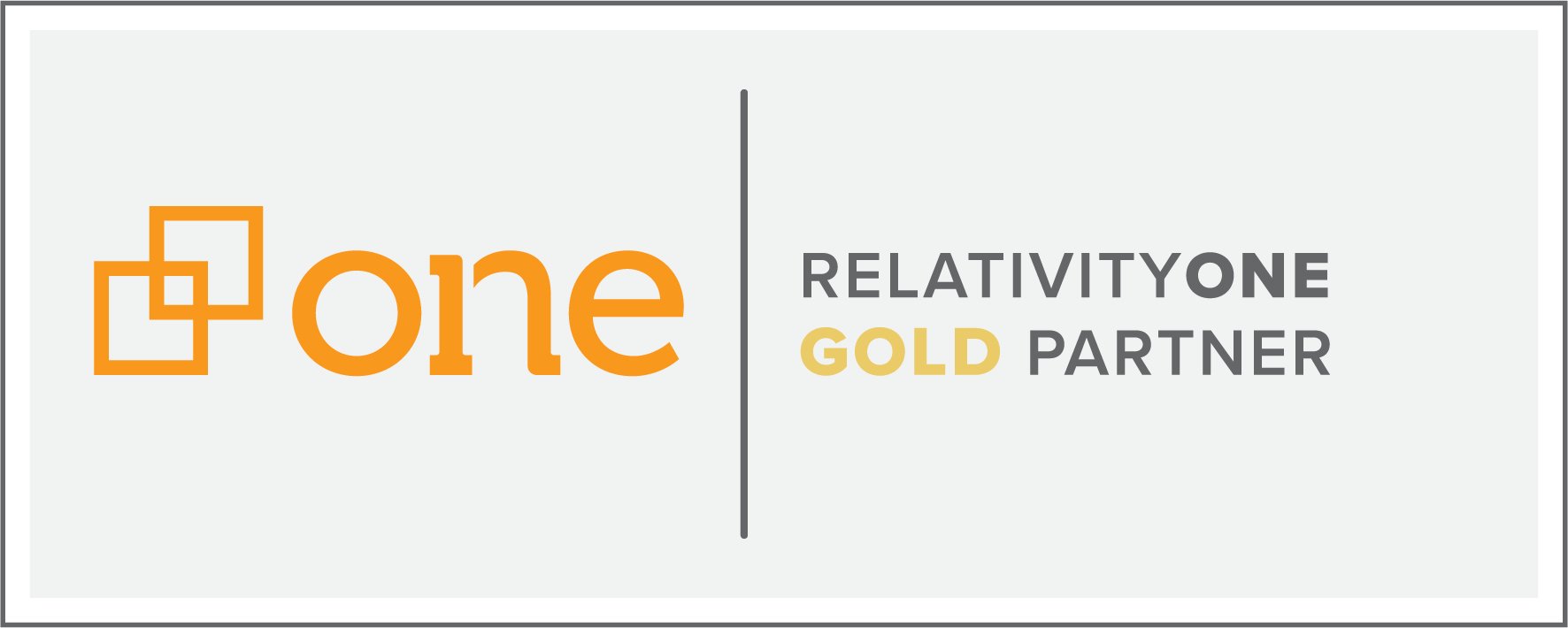Nine great industry news stories from this week you may have missed.
.png?width=787&name=Friday%20Top%209%20Feature%20Image%20(14).png)
Google is Slurping Up Health Data
Last week, we shared the news of Google acquiring Fitbit for $2.1 billion. Now, Wired reports that the search engine powerhouse is teaming up with healthcare providers. And, what they're doing appears to be completely legal. While it's known that tech giants like Google, Facebook and Apple have all been on the hunt for health data, the fact that Google has an under-the-radar partnership with Ascension, America's second-largest health system, has surprised many. Their purpose? To develop Google's AI-based services for medical providers. Get all the details on this recent development on Wired.com.
Audit Executives Face Cyber Risks
As organizations continue to collect customer and employee data, chief audit executives are becoming concerned about how to govern and protect it. In fact, data governance has risen to the top spot of CAEs' audit concerns, replacing cyber security preparedness which took the number one spot last year. Learn the top three threats audit executives are likely to encounter in 2020 in Help Net Security's article.
Are BYOD Organizations Safe?
A "Bring Your Own Device" enterprise may seem like a good idea. You don't have to carry around two phones or live between separate devices. But, can data security and employee privacy coexist in organizations that allow employees to use their own phones and laptops? While many organizations have adopted this program in recent years, Forbe's has reported that it may threaten data security. Read the full article to learn why, and three tips on how to keep your data safe.
This AI Knows When You'll Die
What's scarier? The AI's creators don't know how it does it. Researchers from Geisinger have trained an AI to predict which patients are at higher risk of dying within the next year. To do so, they fed the AI 1.77 million electrocardiogram (ECG) logs from over 400,000 patients to detect patterns that could indicate future cardiac problems such as heart attacks and atrial fibrillation. The AI's results were both "impressive and a little scary," says Futurism.com. The model was so accurate that it was able to distinguish between patients who would die within the year and those who survived. It even detected heart problems in patients who were previously cleared by cardiologists. Get the full details here.
Why Litigation Financiers are Flocking to Canada
Canada: the land of litigation financiers? According to LawTimesNews.com, Canada is on the map when it comes to third-party litigation funding. International financiers are seeking economies of scale in common law jurisdictions and Canada is believed to be a "natural" market. With a number of natural resources, Canada's mining and energy firms, for example, can provide a path to protect investments in developing counties. Two major capital organizations have already migrated, and time will tell if others follow suit.
Spy Agencies' Data Crunching in Need of Transparency
An Israeli intelligence expert is warning the Canadian security community that privacy and basic rights are at risk of being compromised in the process of data collection. Spycraft is being revolutionized by the growing number of smart devices and advent of AI. In the next year, 50 billion devices will be connected to the internet, and that number will grow to 100 billion by the year 2025. Traditionally, intelligence agencies collected information about specific people and groups, but now they can collect and sort information on a massive scale and decide later what information in hand is most relevant. For this reason, the Canadian Security Intelligence Service is required to seek a judge's permission to keep data sets that primarily contain personal information about Canadians. Learn more on CanadianManufacturing.com.
The Future of the Law
Ask an attorney if "data analysis” was part of their law school education and you would likely be met with a look of bewilderment. Relativity's latest blog is listing the three things that today's general counsels know to be true about the future of law — all of which likely weren't covered in their law school curriculum. Read the full blog here.
10 Trends That Will Drive Data Management in 2020
As 2019 comes to a close, it's time to start thinking ahead to the next decade. According to Health Data Management, the 2020's will see major changes in how organizations manage and use data. From hyperautomation to AI-enhanced security measures, learn what top ten trends we can look forward to in the coming year here.
Healthcare Malware Infections Soar 60% from 2018
Healthcare organizations are being targeted by cyber attacks. According to Malwarebytes, the detection of ransomware went up by 60 per cent from 2018 to the first three quarters of this year. Their report states that hackers are attracted to the fact that many of these organizations depend on legacy systems, and have poor patch management and staff with little security knowledge. Their unprotected devices make these healthcare targets even more appealing. Learn the full details of the report in Info Security Magazine's recent article.



.png?width=787&name=Untitled%20design%20(10).png)

-2.png?width=787&name=Untitled%20design%20(11)-2.png)

.png?width=787&name=Untitled%20design%20(12).png)

-1.png?width=787&name=Untitled%20design%20(13)-1.png)

-2.png?width=787&name=Untitled%20design%20(14)-2.png)

-2.png?width=787&name=Untitled%20design%20(15)-2.png)

-2.png?width=787&name=Untitled%20design%20(16)-2.png)

-2.png?width=787&name=Untitled%20design%20(17)-2.png)

-1.png?width=787&name=Untitled%20design%20(18)-1.png)






